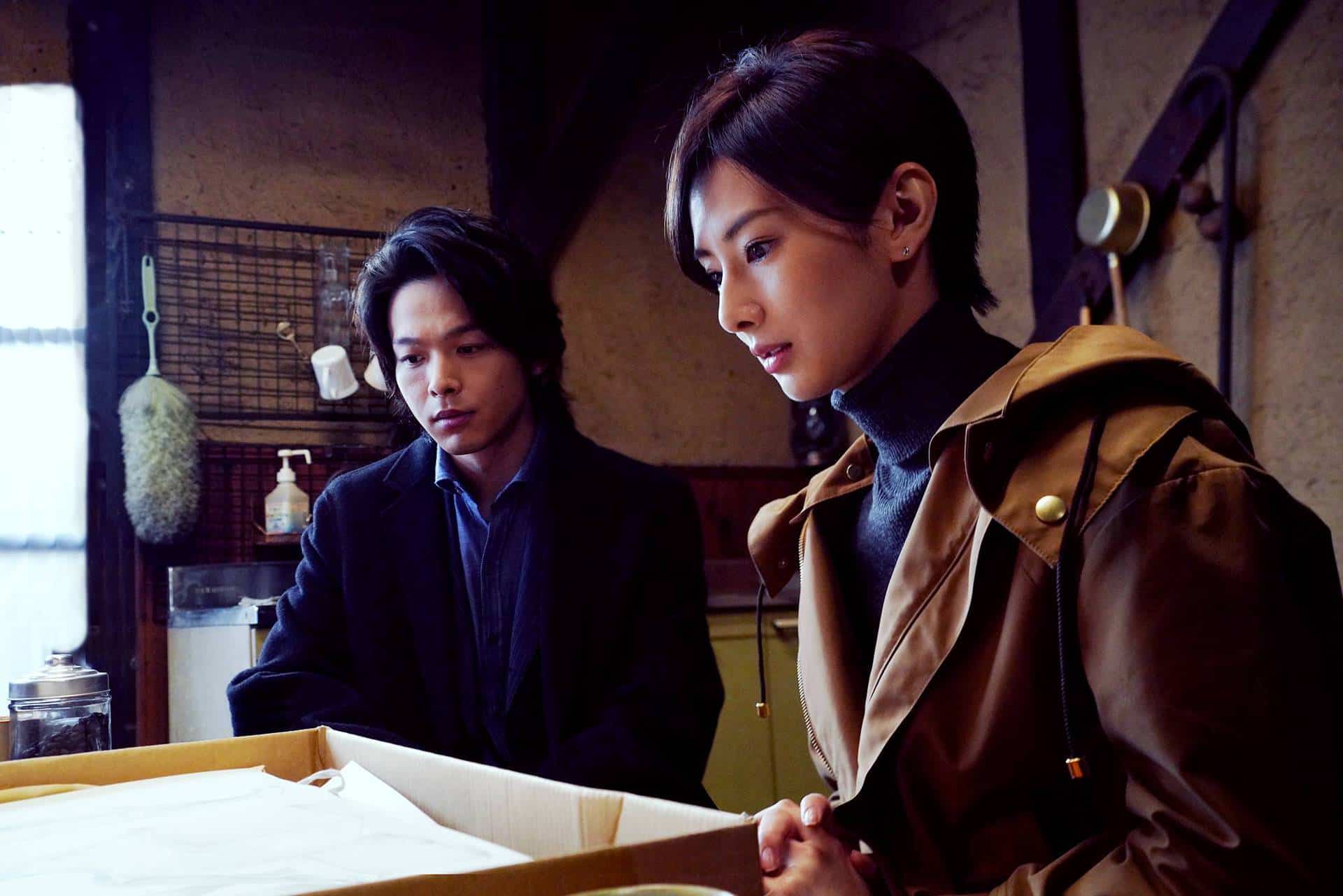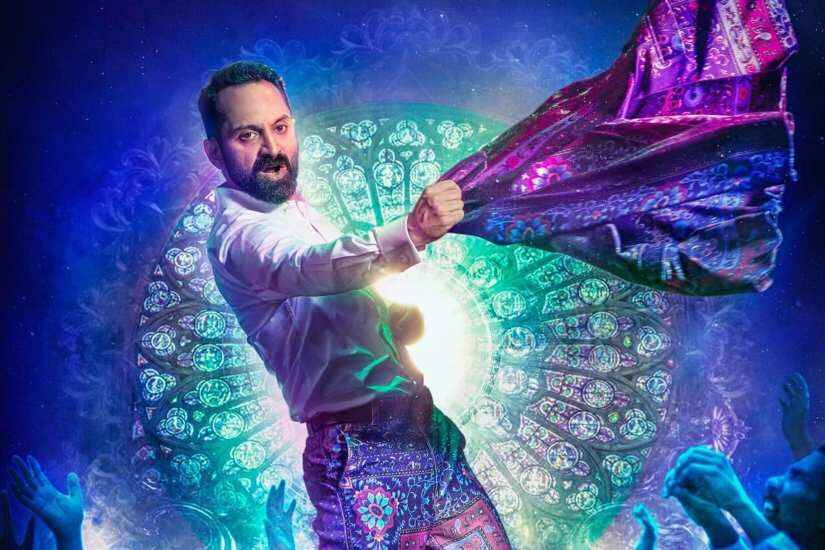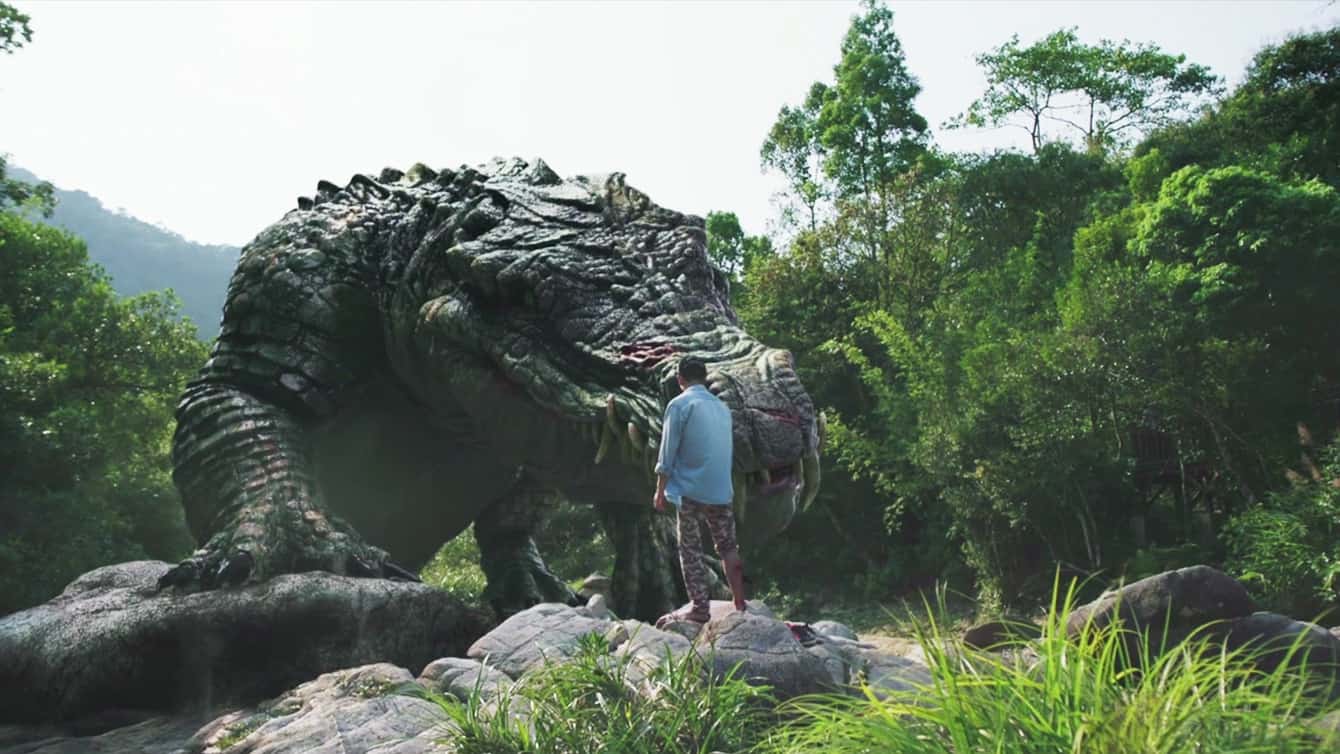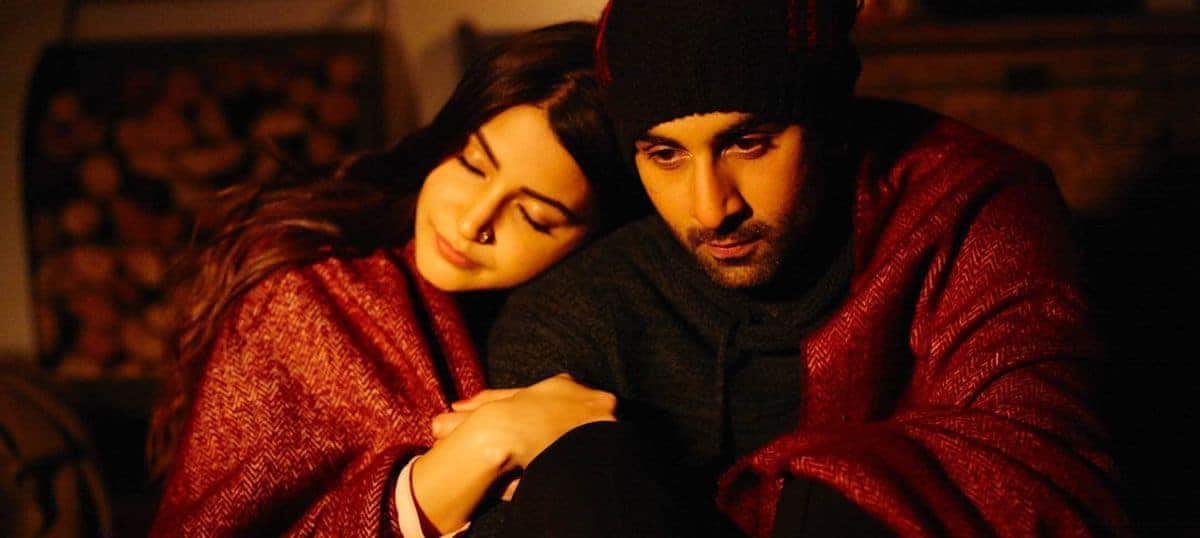Kim Cheolmin's documentary on the lives of Koreans living in Japan, also known as Zainichi Koreans, “I Am from Chosun” premiered at the 2020 DMZ International Documentary Film Festival. There, it was awarded the Special Jury Award.
“I Am from Chosun” is screening at the Florence Korea Film Fest

Shot in a very traditional almost TV-like manner, “I Am from Chosun” tells the story of around a dozen Zainichi Koreans who consider do not accept the current division of the Korean Peninsula. Instead, they see themselves as coming from and belonging to the pre-war unified peninsula. Through them, we learn about the difficulties faced by the Korean population in Japan, the desire to preserve their cultural heritage through attending underfunded by the government Korean schools, and most importantly, to help the unification of the peninsula.
At a face value, “I Am from Chosun” seems like a well-intended diary-like documentary in which Kim Cheolmin tries to learn about the difficulties of Zainichi Koreans and in the process, give a glimpse of their life to the viewers. However, anyone even vaguely acquainted with the history of Korea and the Koreans in Japan will immediately notice that Kim's film presents only a small fragment of the actual and extremely complex situation in the country.
The director almost does not mention anything about the Zainichi division in Japan. Whilst in the movie he seems to only speak about and interview “Chosun” people, that is Zainichi Koreans who claim to not accept the division of the Korean Peninsula, there two other groups. One of them is Chongryon and is affiliated with North Korea, while the other is Mindan, which is affiliated with South Korea. Focusing only on the first fringe group, Kim Cheolmin shows only half the truth about the Koreans in Japan, while hiding the other. They are discriminated by the government and subjects to terrible racism by the extreme rightists in Japan, but within them too there are numerous politically-based clashes, acts of vandalism, and other altercations.
These clashes have continued since the end of the Korean War and don't seem to abate anytime soon. They show the complex reality of being a Zainichi Korean and also the fact that being one necessitates making a political choice between the North and the South, something the interviewees in the film seem to not have done. Moreover, this oversimplification of the reality in Japan does more harm than good. By hiding the truth from the viewer, the director gives him the false hope that things will get well soon and peninsula will unify in the same way the Zainichi Koreans are unified, not even in the Korean heritage, culture, and language many of the interviewees speak about.
Take for example the Korean schools most of the subjects in the film have attended and speak so fondly about. They are presented as these endangered by the current Japanese government places where the children of Korean ancestry can learn Korean language and preserve, or rather, create a Korean identity. However, Kim Cheolmin doesn't tell us that all of these schools only pretend to be pan-Korean. In reality, they are established by the North Korean regime soon after the split of the peninsula and the split of the Korean community in Japan, with the sole aim of attracting more Zainichi Koreans to its side, known as Chongryon. Yes, the schools teach Korean language and identity, but it's not the unified Korean one that the movie makes it to be. It is a decidedly North Korean one, done through the instilling love and dedication to the North Korean regime. The same has to be said about he Korean university featured in the film, which goes one step further and has Kim Il-Sung's name written with huge letters on its roof.
Kim does not all mention anything about the fact that these pro-North Korean schools are not the only ones in Japan that teach the Zainichi youth about their identity. There are also South Korea-affiliated schools which though much fewer than the ones depicted in “I Am from Chosun” have the same function but cater to the pro-South Korean population. This makes the choice of where one's child will study about its Korean heritage more of a political choice than anything else. Just like any other aspect of being a Korean in Japan. This omission of the political, as well as the frankly underwhelming and at times amateurish visuals, makes the documentary one very difficult to recommend.

















Where can i watch this? :((